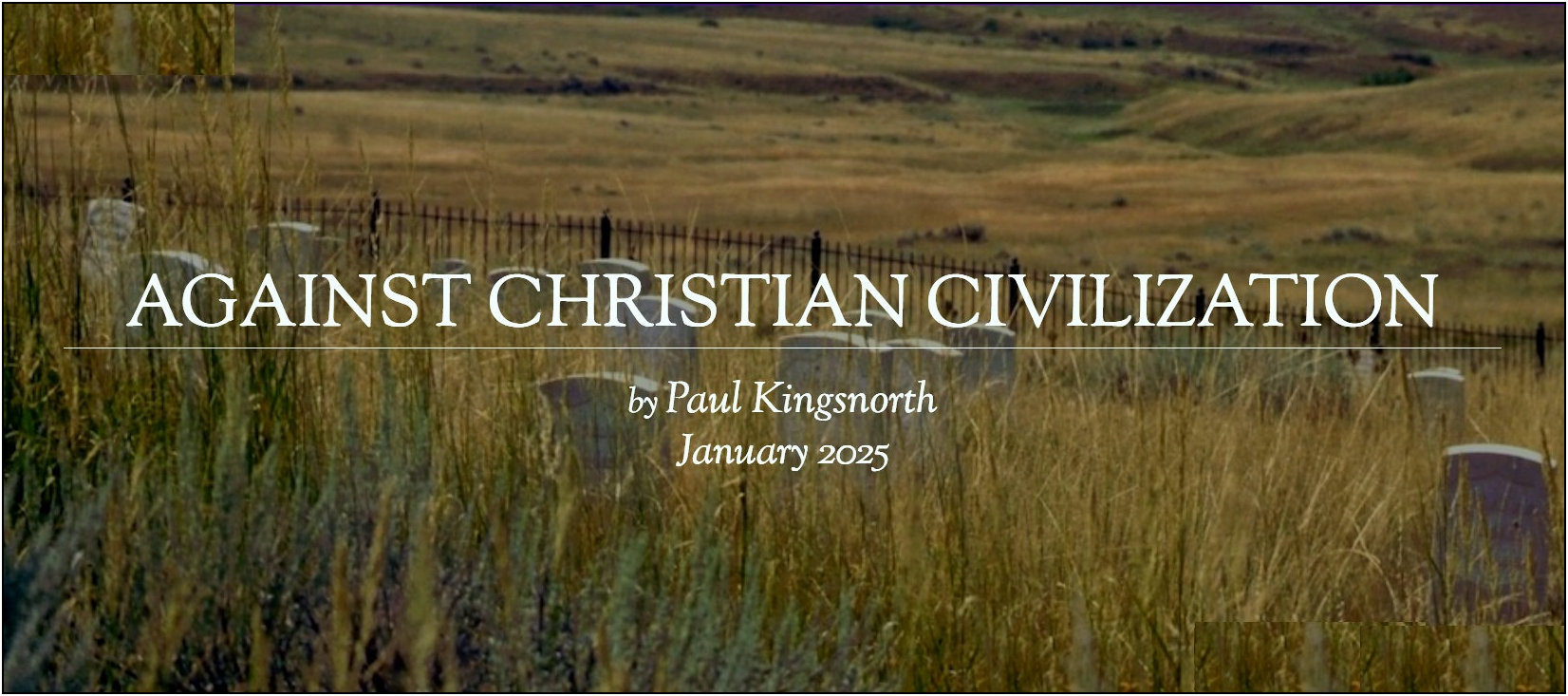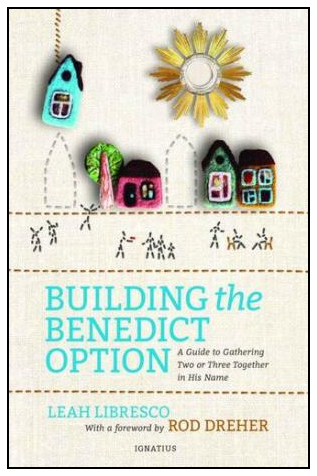EXPERIENCE THE FULLNESS
See Colossians 2:9 below: after verse 9, click on the cross-reference to Col. 1:15 about Christ, the Annointed One: "Who is the icon [image] of the invisible God, the firstborn of all creation"; then scroll down in the bottom frame to verse 19: "For all the fullness was pleased to dwell in Him". This is repeated in the cross-reference Heb. 1:3 – "His Son is the radiance of His glory, the very icon [image] of His [the Father's] person" ("image" is "eikon" in Greek).
What is this "fullness" all about? Here's the answer: read verses 9 and 10: "For in Him all the fullness of the Godhead dwells bodily, and you have this fullness in Him, Who is the head of all principality and power" when you've been "buried with Him in baptism" and "raised with Him through faith in the working of God" (verse 12)....
Next, click on all of the cross-reference links after verse 10: you'll see this "fullness" is a major theme in all of the Gospels and the Apostles' letters. The Messiah – the Christ – came to make us perfect and holy like Himself: these cross-references that use terms like "holiness," "transformation," "walking in the Spirit," "partaking of the divine nature," etc., all describe what is called in Eastern Christianity "Divinization" or "Theosis" (←get the two free booklets on these topics!). Read carefully all these cross-references, especially Mt. 5:48; Rom. 1:7; 1 Cor. 1:2 & 30; 1 Cor. 10:16; 1 Cor. 15:49; Eph. 4:11-16; Heb. 12:14 and Heb. 13:4-6; 1 Pet. 1:14-16; and 2 Pet. 1:3-4, so Theosis is a very scriptural doctrine.
We are called to be saints or holy ("holy" and "saint" are one and the same word, "hagios" in Greek), to partake of Christ in communion ("koinonia" in Greek) – the Lord's Supper, thus to become partakers ("koinonoi") of the Divine nature, to participate in His glory, so we must strive for and pursue holiness (Heb. 13:4-6). Holiness and perfection are possible in Christ! Don't think so? Henry Ford once said – "There are two kinds of people: those who think they can't, and those who think they can. Both are right."
What you really believe is reflected in how you behave. A "norm" is a target or goal that is expected of us. The norm for us is holiness and perfection. When people say they want to be "normal, just like everyone else," they really mean that they want to be average, not different than most others. But holiness and perfection aren't just the average, they are higher norms. You don't need to be smart or rich or strong, though, in order to be holy and perfect. If you have experienced Christ, the visible image, the icon, of the invisible God in Whom all the fullness of the Godhead dwells, you're on your way to experience this same fullness that is in Christ. God partook of human nature so that we can become partakers of the Divine nature (2 Peter 1:4). How should we then live (behave)? Get The Benedict Option and related articles and books, many of them free.
You can read the rest of our newsletter at https://agape-restoration-society.org/ARC-News/a-n_2025-01-25.htm, and share it!

